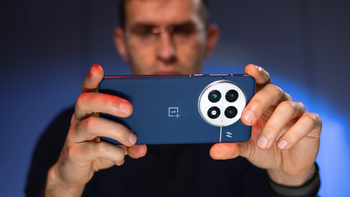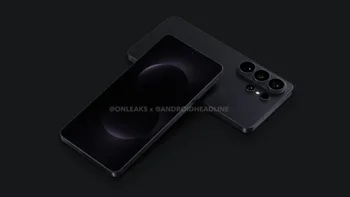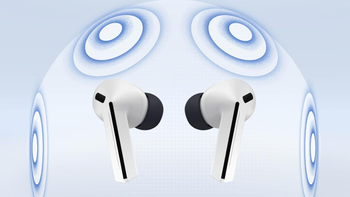Did you know that there's a smartphone addiction treatment center in existence?

Last week, we touched upon the subject of nomophobia, a most modern illness that has everything to do with the undue separation anxiety we feel from being left without our smartphones. This is a legitimate disorder that's quite capable of leading to unhealthy, potentially damaging lifestyle alterations. The situation is serious enough for at least one treatment center for psychological disorders, Morningside Recovery, has opened up a program for treating nomophobia sufferers.
The program offers individual and group therapy for clients who suffer from Nomophobia. The treatment procedure involves cognitive behavioural therapy, which is pretty standard psychological fare. When clients enter the program, they have their phones collected and are only allowed very limited access to them. By cutting off the overwhelming amount connections to the outside world, nomophobia sufferers develop healthier connections to other people and their own use of smartphones.
The therapy teaches clients ways of positively changing their behavior, making it easier to deal with negative effects, such as panic attacks and anxiety. Sufferers may be taught breathing techniques or rituals that they can use to keep themselves calm during moments of stress.
According to the director of the programme, Dr. Waterman, nomophobia only becomes a concern when it starts interfering with one's day-to-day activities. He says that there's no magic number in terms of what healthy smartphones usage entails, but he advises smartphone owners to "just try to put it down for a few moments and re-focus on their daily interactions." Sounds like a plan, doc!
In addition to nomophobia treatment centers, the world we live in right now is also one of artificially created cellphone-free zones and applications that track your smartphone usage and enforce "quite times" during which you are not supposed to distract yourself with the neverending information feed rolling out of your phone.
According to the director of the programme, Dr. Waterman, nomophobia only becomes a concern when it starts interfering with one's day-to-day activities. He says that there's no magic number in terms of what healthy smartphones usage entails, but he advises smartphone owners to "just try to put it down for a few moments and re-focus on their daily interactions." Sounds like a plan, doc!
source: Morning Side Recovery
Follow us on Google News














Things that are NOT allowed:
To help keep our community safe and free from spam, we apply temporary limits to newly created accounts: